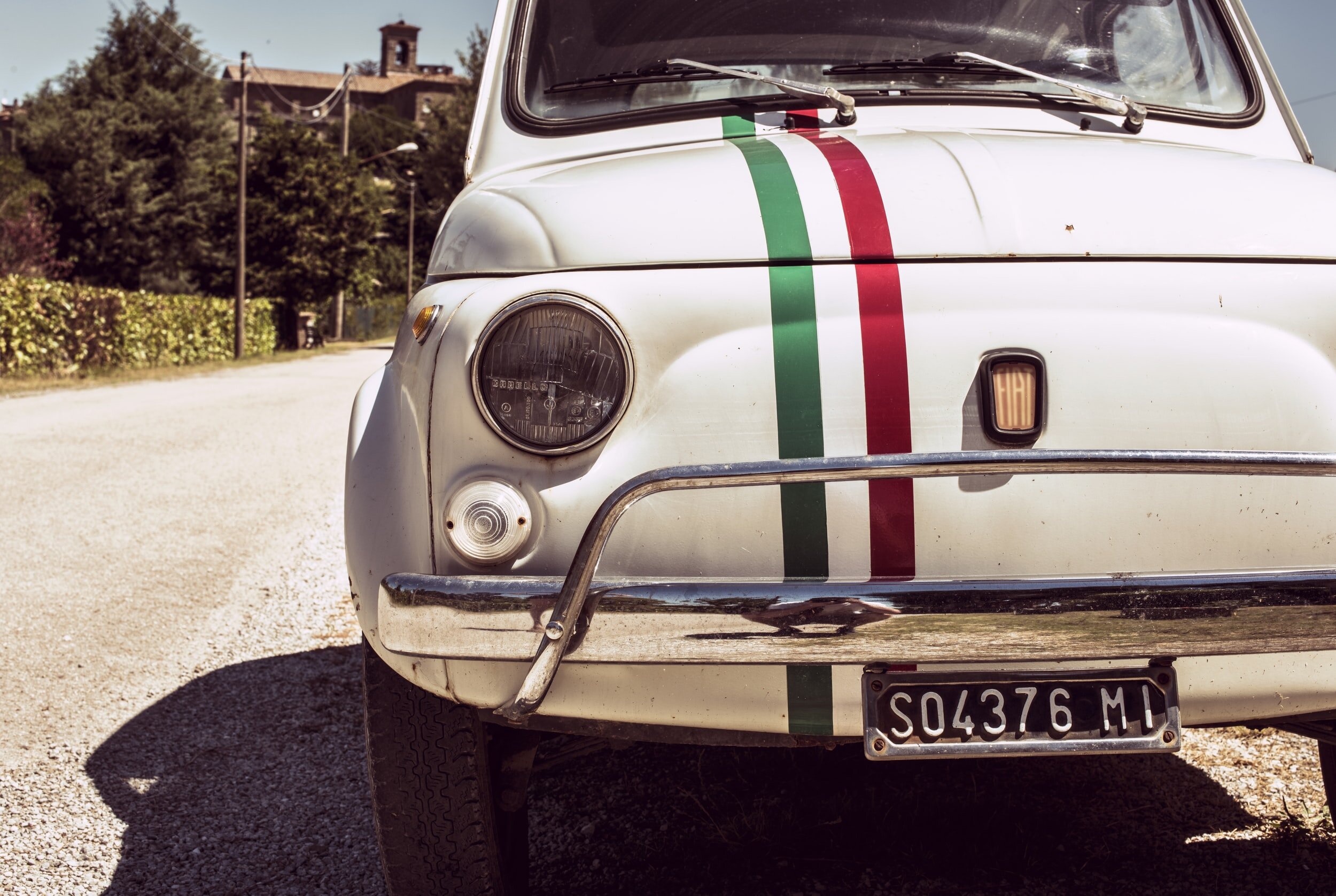European Wine Cheat Sheet
European wines are usually named for their region, instead of their grapes.
Consequently, it can be difficult to identify a wine you would enjoy. Chardonnay, for example, is the main white grape of the Burgundy region in France, but the labels typically just name the towns and vineyards. Here is a quick introduction to a few major wine regions and a list of their primary grapes to help guide your wine exploration.
FRANCE
Most of what we think of as the international varieties originated in France.
Bordeaux: Cabernet Sauvignon, Merlot, Cabernet Franc
Burgundy: Chardonnay, Pinot Noir
Champagne: Chardonnay, Pinot Noir
Loire: Sancerre, Poully Fumé (aka, Sauvignon Blanc)
Northern Rhone: Red Wines are Syrah only. Some famous areas are Côte Rôtie and Hermitage.
Alsace: The exception! Grape names are on the bottle. The four Noble varieties are Riesling, Pinot Gris, Muscat, and Gewurztraminer.
ITALY
Italy boosts a wealth of indigenous varieties, so many that it is impossible to count accurately. D’Agata’s comprehensive Native Wine Grapes of Italy puts the number at 2,000 with only about 400 used to produce wine in any quantity.
Barolo, Barbaresco: Nebbiolo
Chianti, Brunello di Montalcino: Sangiovese
Super Tuscans: Bordeaux style blends produced in Bolgheri on Tuscany’s southern coast. Dominated by Cabernet Sauvignon, with Merlot and Cabernet Franc as the other primary grapes. A few famous ones include Tenuta San Guido Sassicaia (the original Super Tuscan), Ornellaia and Marchesi Antinori Solaia.



